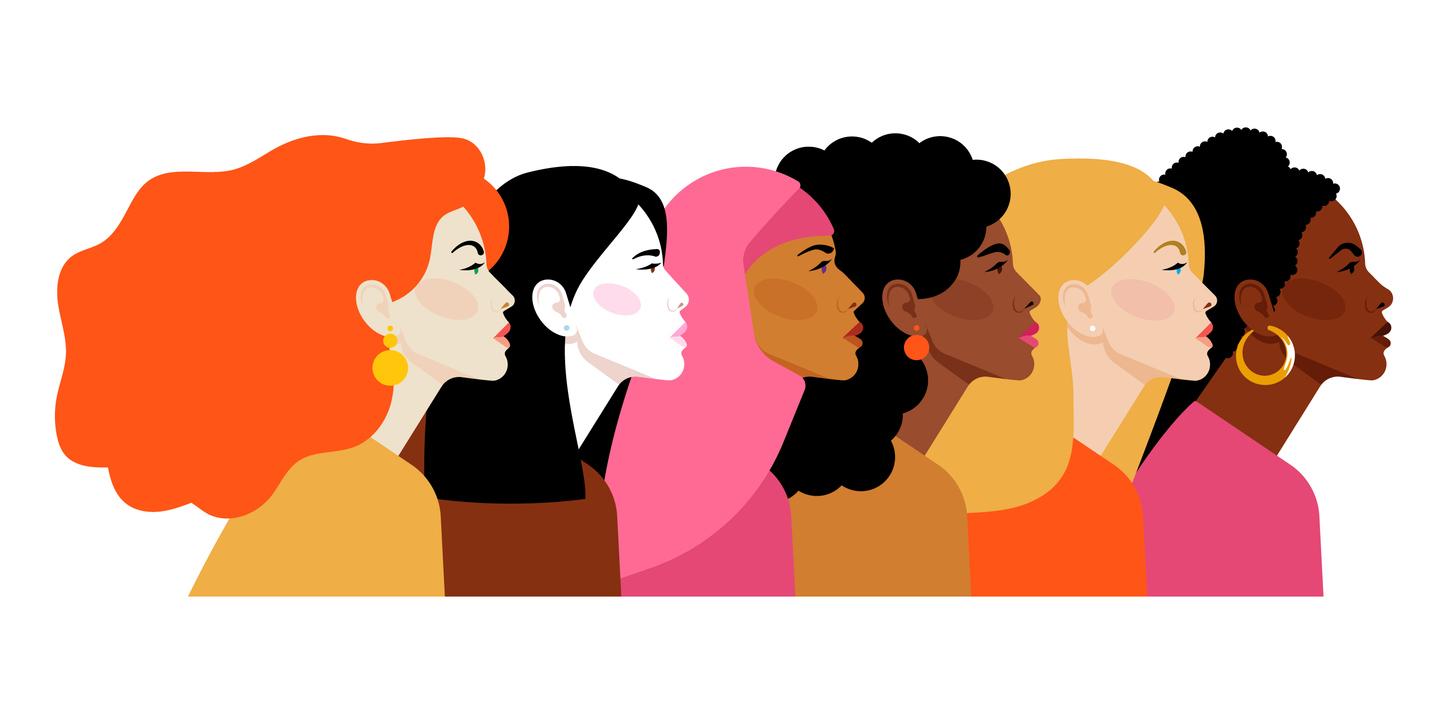What exactly does this recent survey say?
Carried out among more than 1,000 women aged 18 and over, interviewed online by the Ifop polling institute on behalf of the Qare teleconsultation platform, this survey revealed that 57% of respondents, i.e. nearly 1 woman out of 3, have already given up on a gynecological consultation or treatment. In detail, 1 in 10 women (12%) have already found themselves in this situation “many times”. And 1 in 3 (28%) has not seen a gynecologist for more than 1 year; 2 out of 10 (21%), for more than 3 years; and 1 in 10 (10%), never.
Mainly affected are women aged 25 to 49, farmers, artisans, traders, executives, liberal professions and employees, and mothers with at least one child.
What is the main reason?
Difficulty getting an appointment ! During the Ifop/Qare survey, this reason was given by no less than 36% of respondents. And for good reason : “There are fewer and fewer gynecologists in France”, says Dr. Joëlle Belaisch-Allart, obstetrician-gynecologist. According to the National Council of the Order of Physicians, between 2010 and 2021, the number of medical gynecologists plummeted by… 56%!
This drop is mainly due to the fact that “Between 1987 and 2003, the government removed the specialty ‘medical gynecology’ from university education…before reinstating it at the request of many women who signed a petition to this effect”,says Isabelle Héron, gynecologist.
What other reasons are given?
They are more specific to the patients themselves… Thus, the second most cited reason during the Ifop/Qare survey (32%) is not having time “between the different professional and family responsibilities” which, too important, prevent him from taking care of his gynecological health. The third reason mentioned is none other than the fact of not feeling “at ease with [son] body” and in particular with the idea of being naked in front of a stranger (20%).
Finally, 8% of respondents reported being “afraid to address certain intimate issues. » .Indeed, “as the gynecological examination concerns the genitals and invokes sexuality, it can be perceived as intrusive”,develops the psychologist Émilie Lucazeau.
Another possible explanation – not mentioned during the Ifop/Qare study – relates to gynecological and obstetrical violence. Which are defined by the High Council for Equality (HCE) as “sexist acts” exercised by caregivers against patients: failure to take into account their embarrassment, judgments on their sexuality or their dress , sexual assault, etc. Highlighted in 2014 by many testimonials from women, “These unfortunate practices – due to a small minority of caregivers – may have actually contributed to diverting some women from gynecology practices”, acknowledges Dr. Belaisch-Allart. Finally, another possible cause concerns the fear of illness: “Avoidance of medical follow-up may be an attempt to escape distressing thoughts of illness and death,”explains psychologist Sophie Gellman.
What are the risks ?
“The fact of not having a regular gynecological follow-up deprives the diagnosis and treatment of various diseases of the female reproductive system and breast, potentially fatal (sexually transmitted infections, cancers of the cervix and breast, etc.), management of possible sterility, appropriate contraception, monitoring of pregnancy and treatment of menopausal symptoms” answers Joëlle Belaisch-Allart. It also prevents “to spot suspicious moles, or bruises in cases of domestic violence, in places that are usually always covered by clothing” and of ” detect a risk of cardiovascular disease (myocardial infarction, stroke, etc.), the prescription of contraception requiring this risk to be assessed” adds Dr. Héron.
Who else can provide gynecological follow-up?
In case of difficulties in accessing a gynecologist, “gynecological follow-up can be carried out by midwives or the general practitioner” rcalls Sophie Gellman. “Teleconsultation can also be a solution in many situations, such as certain disorders whose symptoms are very characteristic and therefore do not require a clinical examination, such as cystitis (burning or pain when urinating, etc.) or vaginal mycosis (itching of the vagina and/or vulva, etc.); the renewal of the pill or the prescription of emergency contraception; the prescription of screening for a sexually transmitted infection; or obtaining advice to increase the chances of pregnancy,” underlines Dr. Odile Bagot, gynecologist.
>> If the problem comes from the patient’s anxiety: in case of fear of getting naked in front of a stranger or discussing questions of sexuality, “Do not hesitate to talk about it with your gynecologist from the first consultation, knowing that these two practices are not systematically essential”,recommends Dr. Belaisch-Allart. “Probably because of gynecological violence, doctors are now more aware of this problem and are more open to discussion,”emphasizes Dr. Héron. If there are anxieties around sickness and death, “it is possible to talk about it in psychological interviews at family planning, in hospital gynecology-obstetrics departments and in certain health centers or in women’s homes”,says Emilie Lucazeau.
Our experts:
- Dr. Joëlle Belaisch-Allart, obstetrician-gynecologist, president of the National College of French Gynecologists and Obstetricians (CNGOF)
- Dr. Isabelle Héron, gynecologist, president of the National Federation of Colleges of Medical Gynecology (FNCGM)
- Dr. Odile Bagot, gynecologist on the Qare teleconsultation platform
- Sophie Gellman and Emilie Lucazeau, psychologists from the gynecology-obstetrics department of the Armand-Trousseau hospital, AP-HP, Paris
















